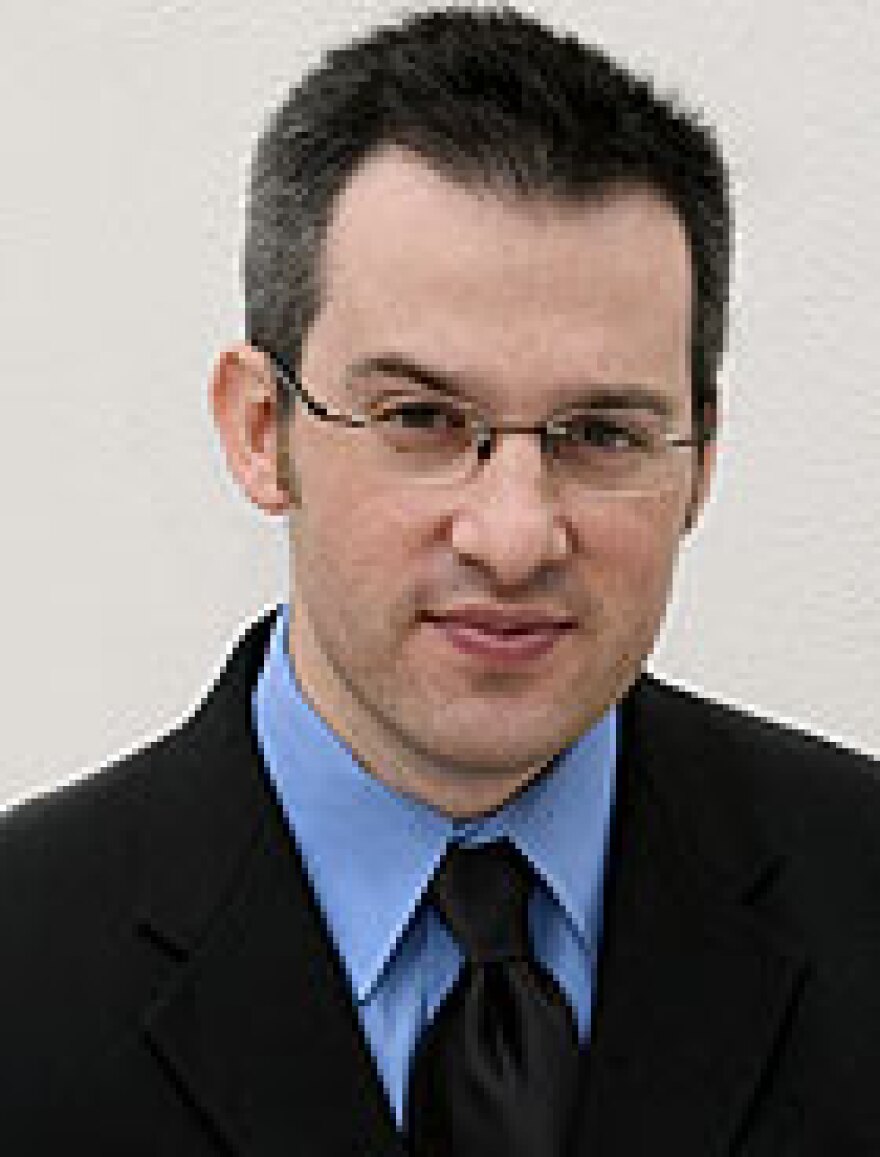A word of advice to special interest groups who object to televised depictions of their people: Keep quiet. Complaining only generates more free publicity.
That's good news for Jersey Shore, which follows a distinctive subculture of young Italian-Americans. Let's just say these people aren't whiling away their summer rereading the classics and playing croquet.
Yes, the men of Jersey Shore are a sight to behold, overindulging in alcohol, skin bronzer and hair gel. And the size of their biceps makes me wonder whether testosterone is the only substance that makes them prone to violent rage.
The problem is viewers can't seem to get enough of programming with these stereotypes. For that, they have one show they can blame: The Sopranos.

There have been reality shows about Italian-American life going back to A&E's Growing Up Gotti in 2004. And they continue today, from TLC's Cake Boss to Bravo's The Real Housewives of New Jersey, a chronicle of Italian matriarchs who don't exactly shy away from conflict.
The stereotype of an Italian-American is tailor-made for TV: loud, libidinous, abrasive and emotional. But reality shows change the moral equation; it's not as if writers dreamed these people into existence. The people on these shows are clearly proud of their ethnic identities, so who's to say what an appropriate portrayal of Italian-American is? And would networks give these people a venue if they didn't fit these stereotypes to a T?
Of course not. But the problem is we rarely see portrayals besides these caricatures. It's about time TV diversified beyond macho goons and their pasta-making mamas.
Andrew Wallenstein is an editor of 'The Hollywood Reporter'.
Copyright 2022 NPR. To see more, visit https://www.npr.org.


